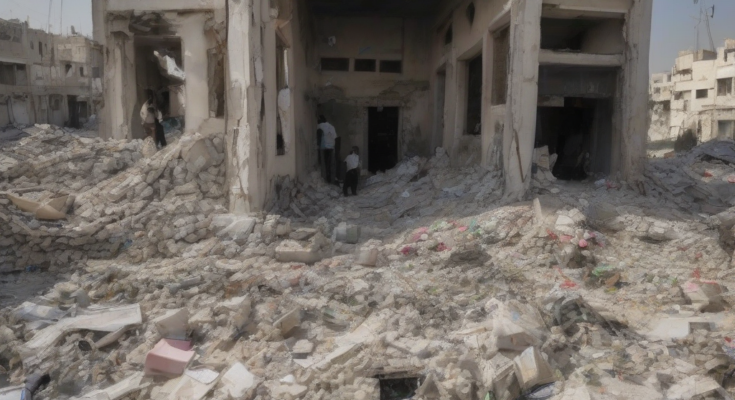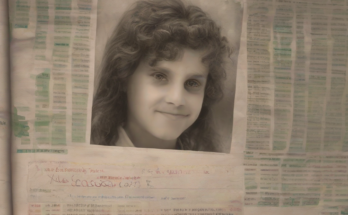A Compassionate Guide: Navigating Charitable Giving to Gaza
The humanitarian crisis in Gaza demands urgent and compassionate action. However, navigating the complexities of donating effectively and ensuring your contribution reaches those most in need requires careful consideration. This guide aims to provide a comprehensive overview of reputable organizations actively working in Gaza, outlining their areas of focus and how you can support their vital work.
Understanding the Challenges: Why Effective Donation is Crucial
The ongoing conflict and blockade in Gaza have created a dire humanitarian situation. Access to essential resources, including food, water, medicine, and shelter, is severely limited for many. The devastation caused by repeated conflicts has left countless individuals displaced, injured, and in need of urgent assistance. Furthermore, the complex political landscape presents unique challenges in delivering aid effectively.
It’s crucial to choose organizations with a proven track record of operating transparently and efficiently within the region. Many organizations work tirelessly on the ground, providing crucial support to hospitals, schools, and communities. Your donation can directly contribute to alleviating suffering and fostering long-term recovery. However, it’s essential to be discerning, as fraudulent activities unfortunately exist. By carefully researching and selecting reputable organizations, you can ensure your generosity makes a tangible impact.
Reputable Organizations Providing Aid in Gaza:
This section lists several well-established and highly-regarded organizations actively involved in providing humanitarian assistance in Gaza. This list is not exhaustive, and further research is encouraged. It’s vital to independently verify the credibility of any organization before donating.
International Organizations:
- United Nations Relief and Works Agency for Palestine Refugees in the Near East (UNRWA): UNRWA provides essential services to Palestinian refugees in Gaza, including healthcare, education, and relief assistance. They have a long history of operating in the region and maintain a transparent financial reporting system. Their website provides detailed information on their programs and financial statements.
- International Committee of the Red Cross (ICRC): The ICRC is a neutral and impartial organization that provides humanitarian assistance to victims of armed conflict and violence. Their work in Gaza includes providing medical care, restoring family links, and promoting international humanitarian law.
- Doctors Without Borders (Médecins Sans Frontières – MSF): MSF provides medical care to populations affected by conflict, epidemics, disasters, or exclusion from healthcare. Their work in Gaza focuses on providing essential medical services to those in need, often in challenging and dangerous environments.
- World Food Programme (WFP): The WFP is the leading humanitarian organization fighting hunger worldwide. In Gaza, they provide food assistance to vulnerable populations, including refugees and internally displaced persons. They work closely with local partners to ensure efficient and effective distribution of food aid.
- UNICEF: UNICEF works to protect children’s rights and improve their well-being. In Gaza, their efforts focus on providing essential services for children, including healthcare, education, and protection from violence. They also address the specific needs of children affected by conflict and displacement.
Non-Governmental Organizations (NGOs):
- [Insert NGO Name 1]: [Insert brief description of their work in Gaza and their focus area. Include a link to their website if available.]
- [Insert NGO Name 2]: [Insert brief description of their work in Gaza and their focus area. Include a link to their website if available.]
- [Insert NGO Name 3]: [Insert brief description of their work in Gaza and their focus area. Include a link to their website if available.]
- [Insert NGO Name 4]: [Insert brief description of their work in Gaza and their focus area. Include a link to their website if available.]
- [Insert NGO Name 5]: [Insert brief description of their work in Gaza and their focus area. Include a link to their website if available.]
Due Diligence: Ensuring Your Donation Makes a Real Impact
Before donating to any organization, it’s essential to conduct thorough due diligence. Consider the following:
- Transparency and Accountability: Look for organizations that openly share their financial statements and program reports. Independent audits are a strong indicator of accountability.
- On-the-Ground Presence: Verify that the organization has a physical presence in Gaza and a team working directly with the affected communities.
- Program Effectiveness: Assess the organization’s programs and their impact. Look for evidence of measurable outcomes and testimonials from beneficiaries.
- Financial Efficiency: Check the organization’s administrative overhead costs. A high percentage of administrative costs may indicate inefficiency.
- Reputation and Reviews: Research the organization’s reputation through online reviews and independent ratings.
- Security Considerations: Understand the security challenges in delivering aid to Gaza and how the organization mitigates risks.
Beyond Monetary Donations: Other Ways to Help
While monetary donations are crucial, there are other ways to support the people of Gaza:
- Advocacy: Contact your elected officials to urge them to support humanitarian aid and promote a peaceful resolution to the conflict.
- Awareness Raising: Share information about the humanitarian crisis in Gaza with your friends, family, and community.
- Volunteering: If you have relevant skills, consider volunteering with an organization working in Gaza or supporting their fundraising efforts.
- Supporting Fair Trade Initiatives: Purchasing products from Palestinian businesses can contribute to economic empowerment and sustainable development.
Disclaimer:
This guide provides information for educational purposes only and does not constitute an endorsement of any particular organization. The information presented is based on publicly available data and should be independently verified. Always conduct your own thorough research before making any donations.



